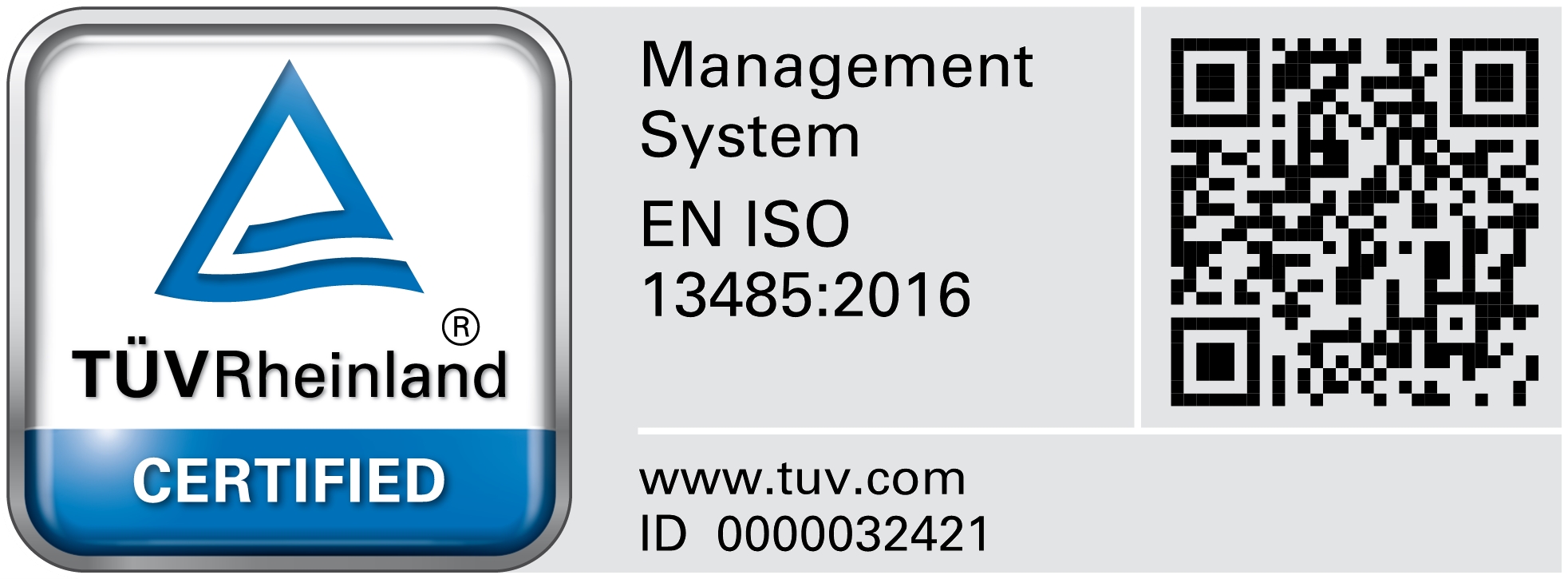The Pocket project
The Pocket project aims to develop a tuberculosis sensor suitable for point-of-care applications.
Tuberculosis (TB) is a major global health issue. According to the World Health Organisation (WHO), every year there are worldwide 8.8 million new active TB cases and nearly 2 million TB deaths – 5000 every day – mostly in the poorest communities of the developing world. One third of the world’s population has latent TB which may later develop into an active form of the disease. TB has also become the leading cause of death among people with HIV. While most cases of TB occur in developing countries, it is also reemerging as a threat in major urban populations in Europe, due to the increase in global travel.
The early treatment of TB is currently hindered by the lack of rapid, accurate diagnostic tools, especially those that can be applied as a point-of-care device in the resource-constrained settings in developing countries. Alternatives do exists, but they either come at a high cost or lack the required sensitivity.
The aim of the Pocket project is to integrate a number of world-class novel technologies into a point-of-care TB test that will fill the gap between current high-end, sensitive but expensive tests and low-end, cheap tests plagued by limited accuracy. The Pocket test is based on a sensor in a silicon nitride chip, where the choice of wavelength allows for the production of a low-cost readout instrument. Combined with novel diagnostic antibodies, this should result in very accurate detection of the TB antigens in urine, thereby diagnosing the presence of the TB bacterium. The objective of Pocket is to go beyond a mere laboratory prototype instrument, as during the final year of the project, Pocket will organise field trials.
At the end of the project, the platform has been used to show detection of spiked LAM at 475 pg/mL in unprocessed urine. Using a panel of 10 positive and 10 negative actual clinical samples collected from various countries all over the world yielded only a single false positive. All other samples were correctly identified, including those of 5 TB-positive HIV-negative patients, which typically have very low LAM concentrations.
Pocket (Development of a low-cost Point-Of-Care test for Tuberculosis detection) started November 1st 2013 and ran for 3.5 years under the Seventh framework Programme (FP7) of the European Union.
This project has received funding from the European Union’s Seventh Framework Programme for research, technological development and demonstration under grant agreement no 610389.
Partners
The Pocket consortium is coordinated by Ghent University. The project partners are
- Ghent University – Photonics group(BE): photonics transducer design
- Imec(BE): chip fabrication
- CIN2-CSIC Barcelona(SP): surface chemistry
- Lionex(DE): antibody and antigen development
- microfluidic ChipShop(DE): microfluidic chip development
- Trinean(BE): instrument design
Contact:
Prof. Peter Bienstman
Pocket coordinator
Ghent University
Peter.Bienstman@UGent.be
If you have any question please contact us
Lionex
© 2018 Lionex GmbH
Last update: Lionex GmbH
LIONEX GmbH
